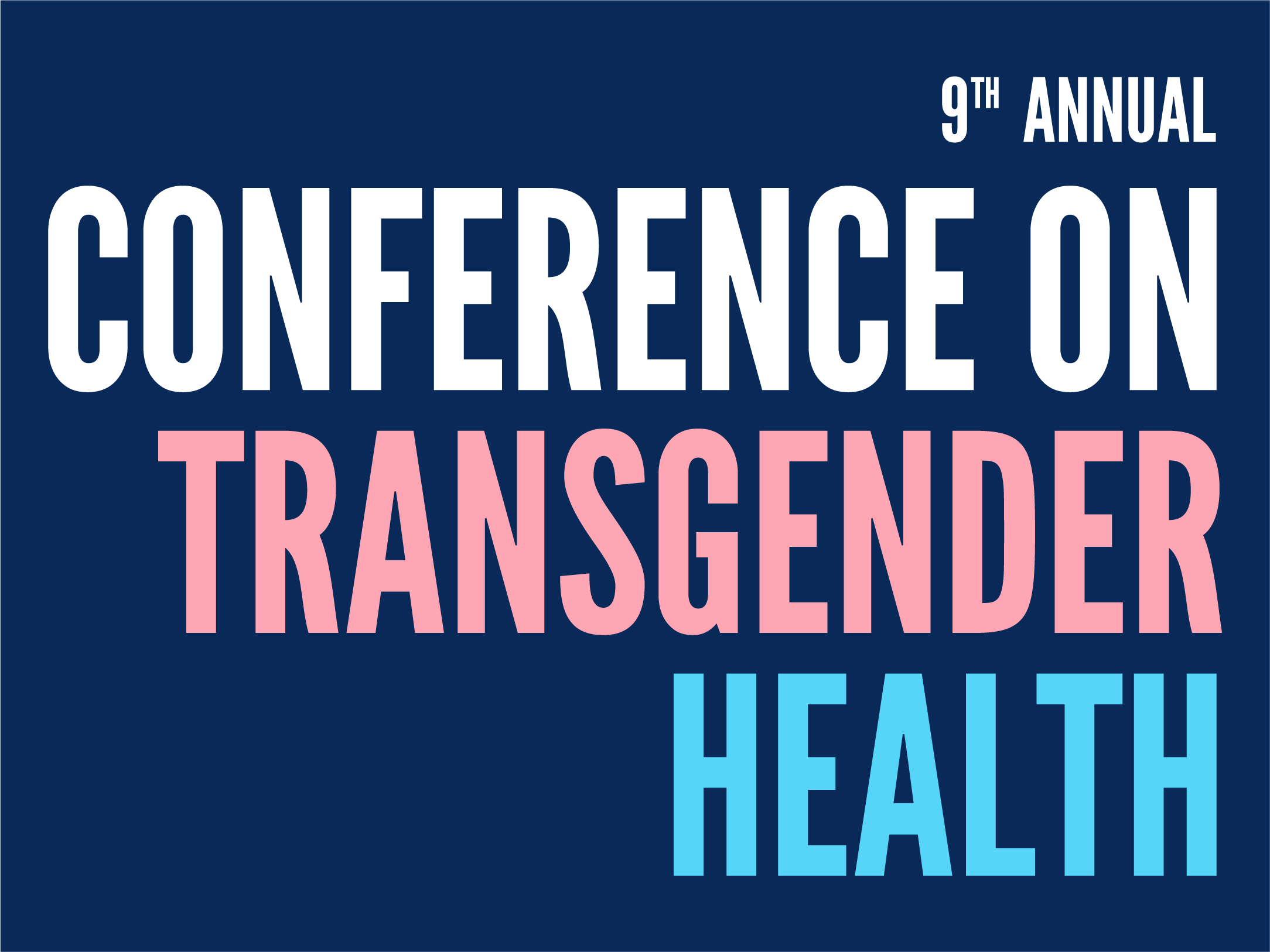“Act up, fight back!” responded the audience to keynote speaker Tanya Aspansa, who asked, “When trans people are under attack, what do we do?” The response filled The New School’s Tishman Auditorium at the ninth annual Conference on Transgender Health.
The conference ran from Thursday, Oct. 24 to Friday, Oct. 25, and is the only free conference covering transgender health in New York City that offers continuing medical education credits– which are required annually for medical professionals to keep their license. The auditorium consisted of medical students, healthcare professionals, transgender advocates, and members of the community for which the conference was founded.
Each six-hour day rotated a diverse lineup of panels, covering topics from unpacking legal policy, navigating insurance throughout the transition process, utilizing social media in activism, and both pre- and post-surgical care.
While the Conference on Transgender Health is in its ninth year, its parent company Community Healthcare Network has been serving the LGBTQ+ community since 1981. Dr. Freddy Molano, founder of the Network, began his advocacy working with the transgender community of the Bronx, and expanded as he noticed the disparity of health and HIV education. The non-profit organization now has 14 health centers throughout every borough of New York City.
As the Conference on Transgender Health progresses, Molano emphasized the need to close the gap within the medical community regarding transgender education, “We need to think about the transgender part of the table,” Molano said. “Whether we accept it or not, they are here. We need to provide the tools, the knowledge, whatever we can.”
Asapansa’s keynote presentation, “Where Are We? Acceptance vs. Tolerance,” advocated for acceptance within the current political climate. Aspansa, who has three decades of experience in transgender activism drew a packed house for the presentation.
“We have an administration in Washington that just wants to destroy us. We need people to be on our side, to fight with us,” Aspansa said. “Don’t just use us for a photograph, use us in employment. Hire us. Don’t just tolerate us, accept us. Walk down the street with us. Invite us to your home. Take us out to a restaurant, sit and eat with us.”
To Asapansa, tolerance is simply not enough. She recalled experiencing homelessness and sex work after being rejected by her family, and “willful ignorance” of the medical community during her second bout with lung cancer. Repeating the fact that 22 Black transgender women were murdered in the United States this year, she demanded justice through compassion and representation.
“I’d rather be accepted than just tolerated because tolerated means you just sit at the table and keep your mouth shut. I want to be able to sit at the table and share, and be accepted, and people respect my gender pronouns,” Asapansa said. “If you don’t have a seat at the table, you’re on the menu.”
Another major theme of the conference was the push for more education within the medical community. Mitchell Caponi, Associate Director of LGBTQ Programs at Community Healthcare Network, emphasized the need for collaborative dialogue. “There are people in the medical community who want to do more and want to do better. We just have to play ball with them, educate them,” Caponi said. “Sometimes we get upset, we wish people were already there, but it takes people to do the hard work of educating to get them there.”
Melanie Pertin, a first-year graduate student at The New School for Social Research, said she came to the conference for various reasons, but the key reason was that it’s the only conference of this manner in New York.
“There’s this new wave of transgender health patients coming in, post-surgery, so this is a really new concept,” she said. “It’s like creating a new space for the different muscles so yeah so I obviously don’t know anything about it but I would like to know more.”
The event’s nuanced relationship to The New School was noted by Santo Jacobson, a third-year illustration major at Parsons. “Teachers still misgender people and don’t ask for pronouns, and there’s so many different levels to what they know. I think the New School needs to train their teachers better in trans and LGBT issues,” said Jacobson, who is the leader of Gender Venting, a group for trans people to gather and discuss gender identity.
This year’s Transgender Conference emphasized the role and responsibility the medical community carries in regards to caring for trans patients. Whether it be therapy, surgical assistance, or simply being an ally.
“We’re your children. We’re your grandchildren. We’re your nieces and nephews. We’re everyone in your family. We’re here, we’ve been here all along. And we need to be respected,” Asapansa said. “We need to be loved, we need to be accepted, not just tolerated. Tolerance is not good enough for me.”







